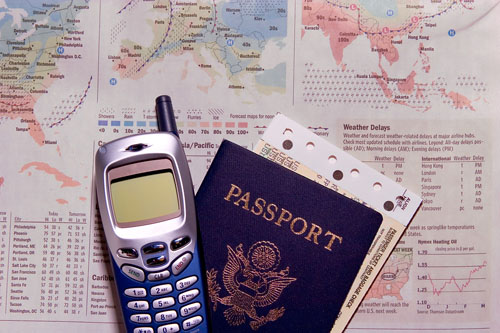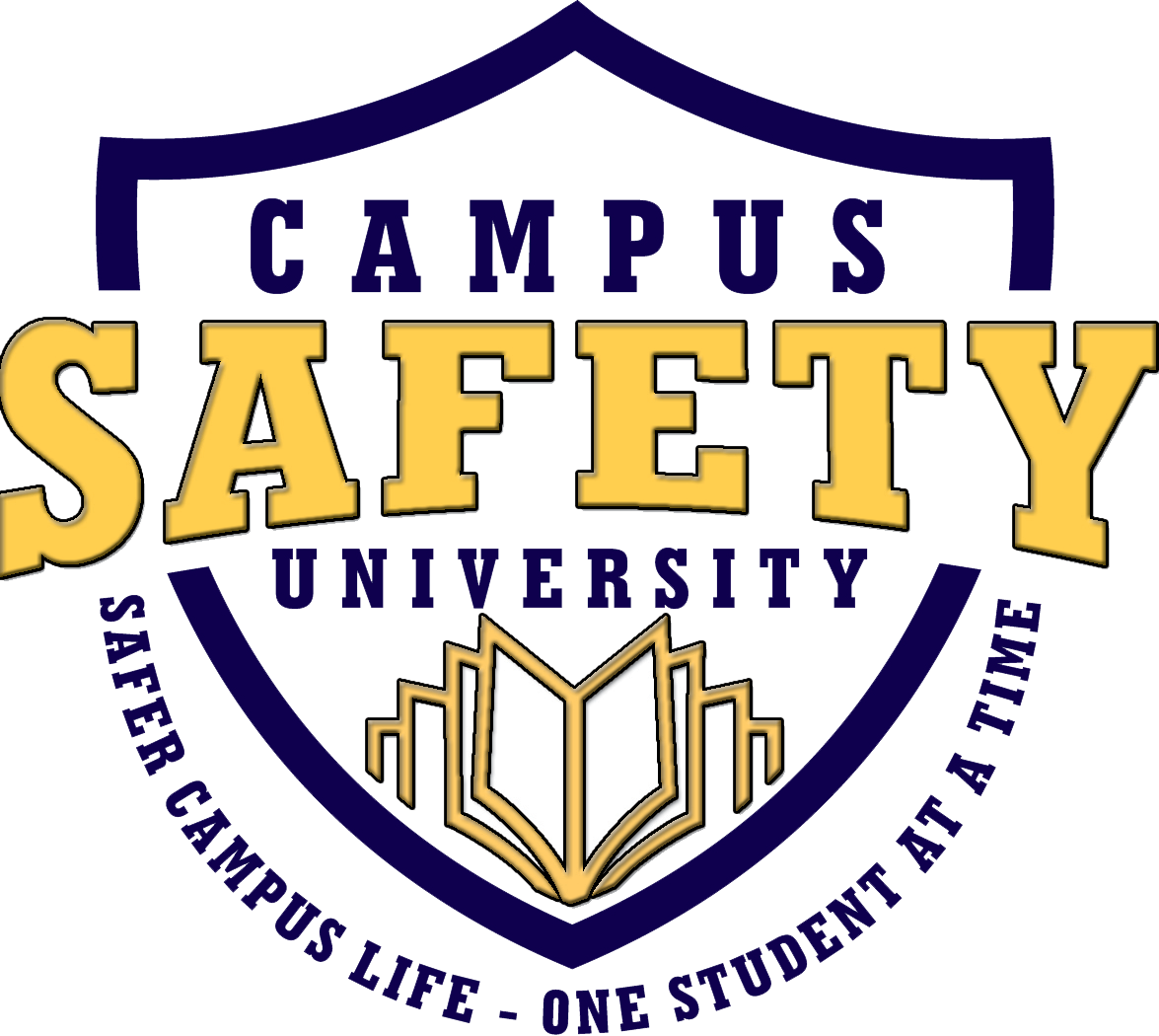CSU Blog
Travel Safety Tips While Studying Abroad
- February 19, 2018
- Posted by: Pete
- Category: General personal safety Travel

Travel safety is essential for anyone traveling. Traveling abroad for a semester can be one of the most incredible and memorable events of your entire life. The chance to experience another country with its culture, location, customs and nature is amazing, and I highly recommend it if you get the chance! You may be bitten by the travel bug and it just may ignite a passion in you to get out and see the world! Depending upon your major, you may have a great opportunity to leverage your experience and interest into your career. The possibilities are endless, but traveling abroad isn’t without risks. Do advance planning, and you all but insure a trouble-free trip.
There are a few major categories of travel safety. They are:
- Transportation Safety – accidents can happen on any type of transportation you may be using. This includes traveling on both standard types of transportation such as airplanes, taxis, trains, buses, cars, and boats as well as non-standard types of traveling such as by horseback, hot air balloon, ATV, or dune buggy to name a few. Be sure to educate yourself on any essential safety information with regard to your type of transportation.
- Fire Safety – no matter where in the world you find yourself, fires are one of the most common types of safety concerns. Familiarize yourself with where fire extinguishers are and learn where the fire exits are in any vehicle or building you enter.
- Theft Safety – the threat of being robbed typically increases when you travel to unfamilar places. Crowds are especially dangerous places for having your pocket picked or getting your wallet or purse stolen. Crowds allow the thief to vanish quickly by blending in after they perform the crime, so be extra vigilant and consider some non-traditional ways of carrying your cash such as keeping some in an money belt or in your socks, shoes, underwear, etc. You can also look into using diversion safes – the devices that look like ordinary objects like books or hair spray but they are really hollow and allow you to hide valuables in them. Just about any “normal” looking item can can modified to act as a safe place for your valuables that a thief would never think of.
- Physical Safety – not only do you need to worry about your physical safety from others, you may not have thought about what you can do to enhance your own physical safety. Making sure that you don’t throw your back out lugging that huge suitcase would really put a damper on your travel plans and your ability to enjoy the experience. Being careless or complacent could cause you to injure yourself, and the chances are greater that you could injure yourself rather than being injured by someone else.
You need to secure different things when traveling.
- Your self – your own physical safety and well-being are the most important item to protect; be aware of your surroundings at all times and the people and objects around you that could be used in a situation whereby you need to defend yourself. Travel during the day and in groups if possible. This also includes things like making sure you have health insurance that will work in another country if traveling abroad. It also means taking care of yourself by using sunscreen if going to a tropical climate, having bug spray and any medications you may need. This includes any immunizations you may need to get before leaving home.
- Your money – losing all your money to a robber at the beginning of your semester abroad or vacation would really have a negative impact on your ability to survive the time you are traveling. Protect your money by not keeping it all in the same place, and use diversion safes and different methods of hiding it on your person when out and about. Giving a robber $40 instead of $400 is a good deal!
- Your hotel – securing your valuables in your hotel room or house you are staying in is a must. Make use of the diversion safe information mentioned above and never leave your door open – even for just a minute. It only takes seconds for someone to open your door, run in, grab your phone or laptop and be gone before even a minute goes by. The same goes for your luggage; use TSA-approved locks on all your luggage to discourage anyone from opening it.
The following are tips for college students bound for studying abroad (or for anyone traveling outside of their home country):
- Dealing with another country’s unique customs and traditions may not be the same as what you are used to in your home country. Misunderstandings can and do occur—some may be innocuous,while others may be purposely hostile and represent a direct threat to your personal safety.
- Know the equivalent of 911 in any country you visit. It is not the same everywhere.
- Know the phone number and address of your local embassy or consulate.
- Make sure that you have a valid passport and that you get any visas that you may need when traveling
- Make copies of all travel documents including your passport and visas and keep them in a safe place apart from the original documents
- Be aware of any specific health challenges that could exist in the country you are visiting & receive any special immunizations
- If you take any medications and will be traveling with them, get a note from your doctor that says what the medicine is, the dosage, prescription duration, and what it is for. Keep this with you and with the medication at all times. Some medications may not be legal in the country you are visiting, so do the smart thing and plan ahead.
- Health insurance coverage is a big concern – many domestic insurance plans cannot be used overseas, requiring you to purchase travel health insurance. Having it can be a literal life-saver in the event that you have to get medical treatment overseas.
- Research and read up on any type of travel restrictions that may exist where you are planning on going
- Be aware of any travel alerts or travel warnings related to the region or country you intend to visit (https://travel.state.gov/content/travel/en/international-travel.html)
- Consider registering with the Smart Traveler Enrollment Program (https://step.state.gov/step/) to get travel updates on your destination.
- Visit the CDC site for travelers at https://wwwnc.cdc.gov/travel – the site covers everything from bug bites to traveling with animals to traveling
while pregnant to water quality in foreign countries and much more - Visit the TSA web site (https://www.tsa.gov/) for additional information
- Keep a cheat sheet with you of the conversion rate as well as what you should expect to pay for your main staples in the country you are visiting.
- You will typically get the best exchange rate using your credit card, so it would be wise to have a credit card that you use solely when traveling abroad
Other threats to your personal safety that you take for granted in the United States may not exist the same in other countries. One example is building standards related to fire safety. Do not assume that buildings in other countries have fire alarms, fire escapes or fire departments that are as capable
as those you are used to. Some may be better, but some may be worse or non-existent.
Remember that you are more vulnerable when traveling outside your own home territory—wherever that may be. Once you leave your comfort zone and have to deal with new cultures and ways of doing things, you are at a distinct disadvantage to those who live and work in the area.
Prepare in advance, and you will have one of the most incredible experiences of your life!
Stay safe…
